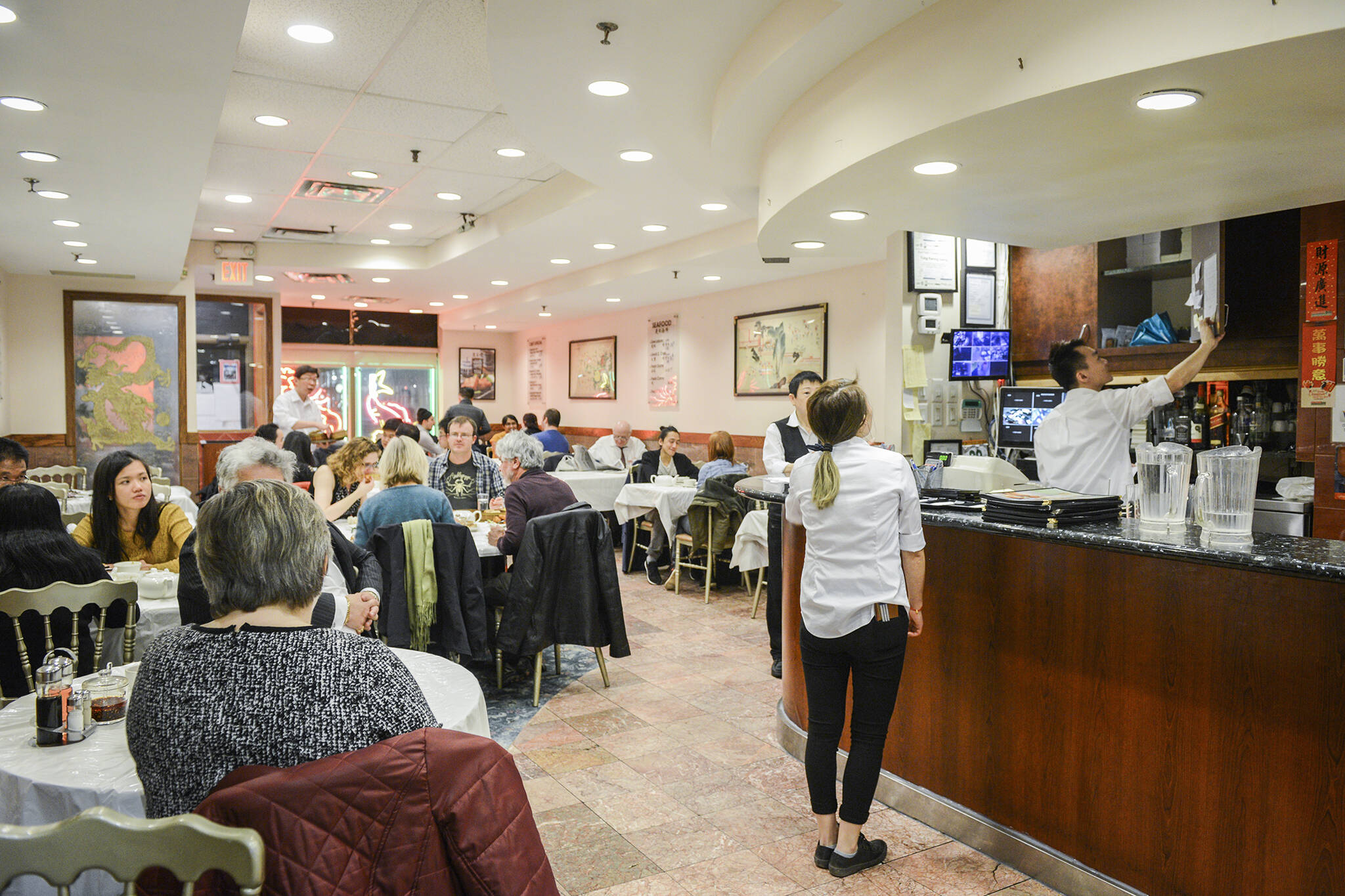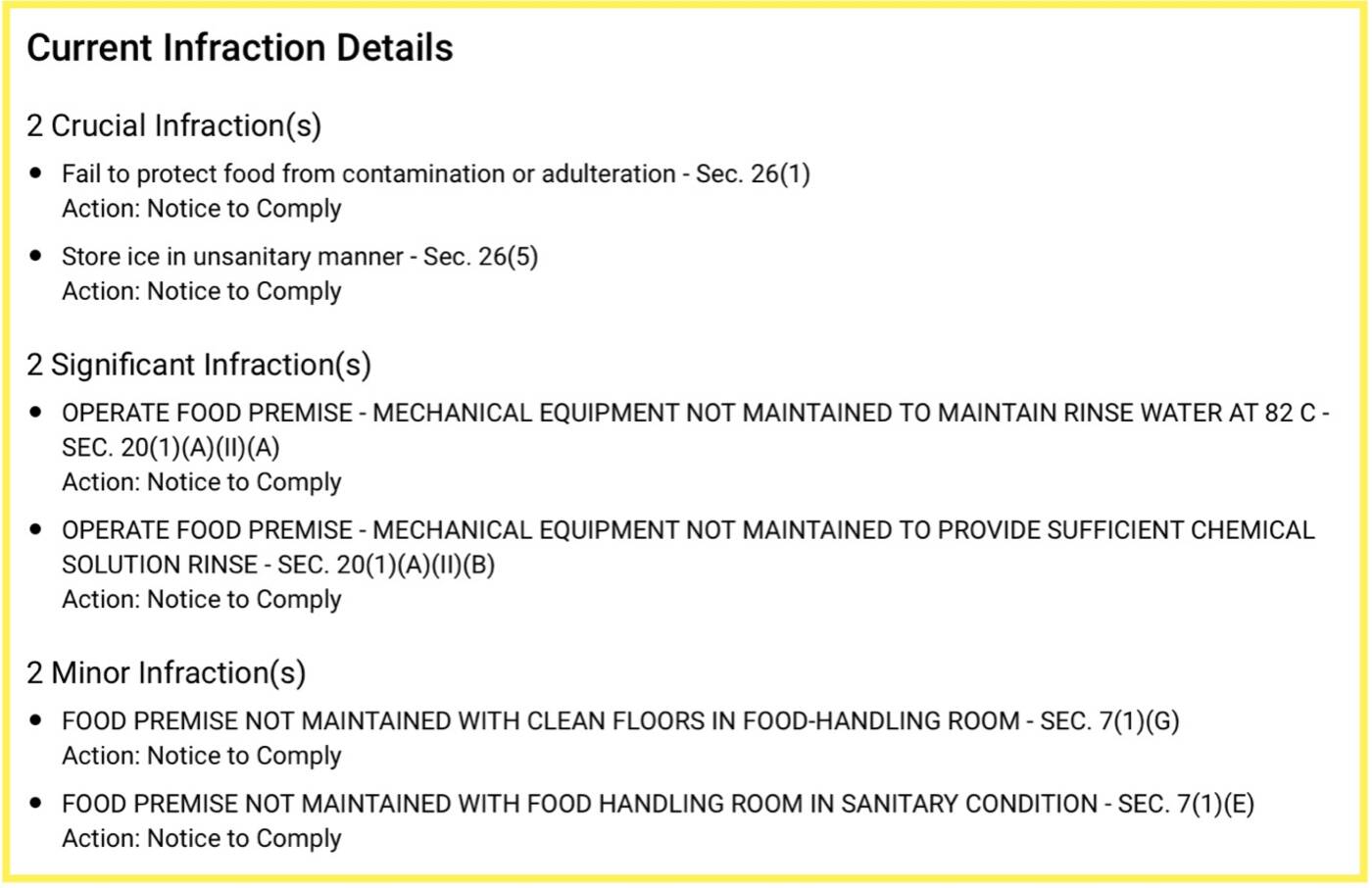
Rol San nailed with 6 infractions from Toronto health inspectors
One of Toronto's most popular Chinese restaurants was flagged by health inspectors this week after racking up several infractions.
Rol San Restaurant, located at 323 Spadina Avenue, is a go-to late-night spot in Chinatown and well known for its extensive dim sum menu, sizzling hot plates, and poultry dishes.
The restaurant received a conditional pass notice on Jan. 19 after inspectors found six infractions, two of them crucial, two of them significant, and two of them minor.
The crucial infractions involved failing to "protect food from contamination or adulteration," and storing "ice in unsanitary manner."
The two significant infractions were noted as "mechanical equipment not maintained to maintain rinse water at 82 C," and "mechanical equipment not maintained to provide sufficient chemical solution rinse."
The minor infractions were related to the sanitary conditions in the restaurant's food-handling room.
A full list of the infractions is detailed on the DineSafe website.

The infractions listed on the DineSafe website.
Despite being flagged for six infractions from health inspectors, Rol San Restaurant received a conditional pass notice and remains open as they begin working on the highlighted issues.
Hector Vasquez
Latest Videos
Latest Videos
Join the conversation Load comments







